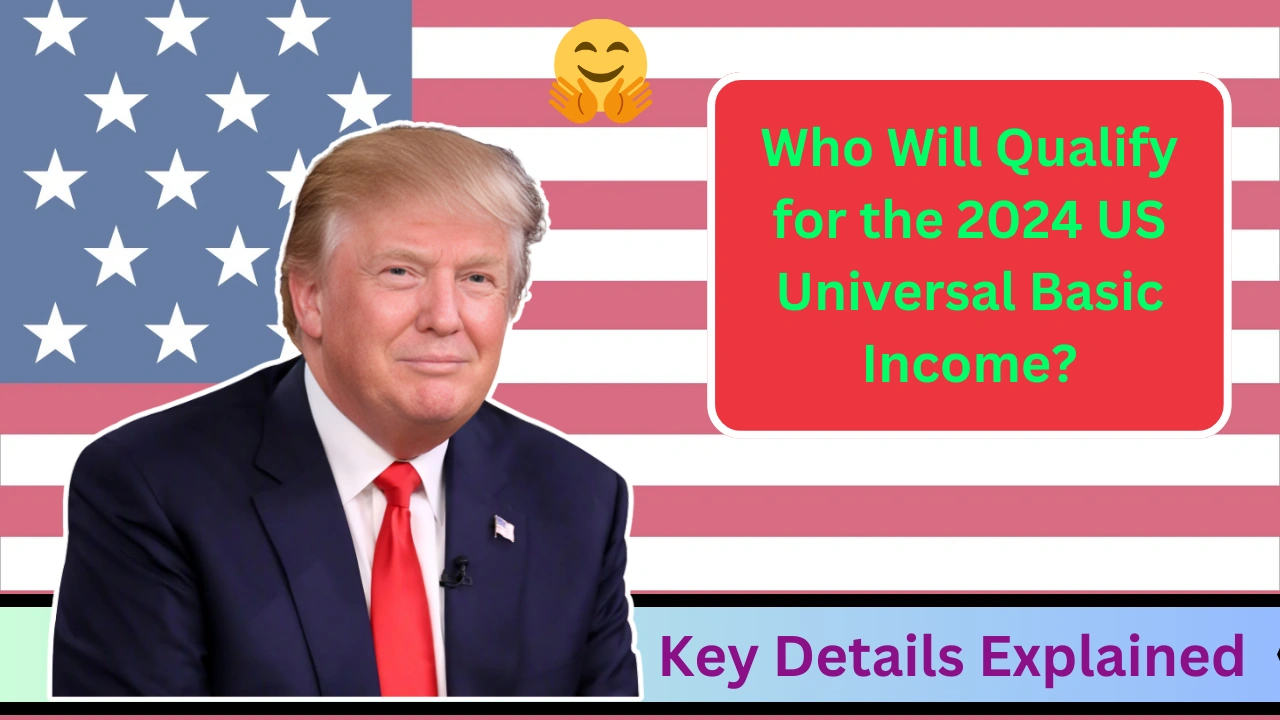Universal Basic Income (UBI) is an economic policy designed to provide every individual in a certain group or region with a regular, unconditional sum of money from the government. This financial support is given to everyone, irrespective of their income, aiming to cover basic living expenses such as food, shelter, and healthcare. The goal of UBI is to reduce financial insecurity, empower individuals, and allow them to have more flexibility in their lives, whether it’s to pursue education, start a business, or work fewer hours without the constant worry of making ends meet.
In essence, UBI functions like a monthly allowance that ensures everyone has the means to meet their basic needs. This financial assistance is universally available, meaning it is distributed to all individuals within the designated area or group, regardless of their wealth. Its purpose is to lessen economic stress and give people more freedom to enjoy life or follow their passions. Although it might sound straightforward, implementing UBI requires significant planning and financial resources, but it has the potential to bring about transformative changes in the way people work and live.
Table of Contents
- Universal Basic Income (UBI) Overview
- Universal Basic Income vs. Guaranteed Income Program (GIP)
- Current Implementation of Universal Basic Income (UBI) in the United States
- Pilot Programs
- Alaska’s Permanent Fund Dividend
- Research and Analysis
- Challenges and Considerations
Universal Basic Income (UBI) Overview
A true Universal Basic Income has two defining characteristics: universality and sufficiency. It is universal because it is given to everyone, without means testing, and sufficient because the amount provided is enough to cover basic living expenses. The concept is rooted in the idea of providing a financial safety net, offering economic stability and empowerment to individuals. It enables citizens to reduce their reliance on employment income, offering greater freedom to pursue educational opportunities, creative endeavors, or entrepreneurship without the financial pressures of traditional work.
Universal Basic Income vs. Guaranteed Income Program (GIP)
While both Universal Basic Income (UBI) and Guaranteed Income Programs (GIPs) aim to provide financial assistance, there are key differences between the two:
- Scope of Distribution: UBI is universal, meaning it is distributed to all individuals within a designated group or region, regardless of their income level. In contrast, Guaranteed Income Programs (GIP) specifically target those in financial need, often focusing on lower-income individuals and families.
- Purpose and Impact: UBI is designed to be transformative, with the potential to reduce the hours people work and empower them to pursue personal passions and initiatives. On the other hand, GIPs aim to support those who are most vulnerable and ensure they can meet basic needs. GIPs are typically more focused on alleviating poverty and providing immediate financial relief.
Current Implementation of Universal Basic Income (UBI) in the United States
As of now, UBI is still an experimental concept in the U.S., with full-scale implementation yet to occur. However, several pilot programs and studies are being carried out to evaluate its effectiveness and viability. These pilot programs aim to test UBI in various communities to understand its potential impacts.
Pilot Programs
Several cities and regions in the U.S. have launched pilot programs to explore UBI and its effects on local economies and social dynamics. Here are some notable examples:
- Central Iowa Pilot: This pilot program gives randomly selected participants $500 per month, allowing researchers to track the impact of additional income on economic stability and community well-being.
- Coachella Valley Pilot: Targeting 140 immigrant families, this initiative provides $400 per month to families who contribute to the local workforce but are ineligible for federal benefits. The goal is to study the economic and social impacts on the families and their children.
Alaska’s Permanent Fund Dividend
While not a full-scale UBI program, Alaska’s Permanent Fund Dividend (PFD) offers a similar model. Since the 1980s, all residents of Alaska have received an annual share of the state’s oil revenues. Though the amount is variable and not enough to cover all living expenses, it provides an example of universal income distribution, benefiting all Alaskans from the state’s natural resources. This model reflects many of the principles behind UBI and continues to serve as a case study for broader implementation.
Research and Analysis
Research on UBI in the U.S. is ongoing, with studies focusing on a wide range of factors, such as:
- Economic Impact: How UBI affects local economies, including changes in labor participation, wage dynamics, and inflation.
- Health and Well-being: The effects of financial security on physical and mental health, including reductions in stress, improvements in education, and better access to healthcare.
- Employment Trends: Monitoring whether UBI changes the way people approach work, with some studies showing that individuals may choose to work fewer hours or pursue more fulfilling work.
The data gathered from these studies is critical for understanding the broader implications of UBI and how it could be scaled up across the nation.
Challenges and Considerations
Despite its potential benefits, implementing a Universal Basic Income faces several significant challenges:
- Funding: One of the largest obstacles to UBI is securing the necessary funding for such a program. This could involve new tax structures, reallocation of existing welfare funds, or other economic strategies. The costs of implementing UBI could be prohibitively high, and it’s still unclear how to finance a nationwide program sustainably.
- Economic Impact: Economists are studying the broader economic effects of UBI, including its potential to affect inflation, labor markets, and wage levels. There are concerns that providing universal payments could increase demand for goods and services, possibly leading to inflation.
- Public and Political Support: The widespread adoption of UBI would require significant public and political backing. The success of pilot programs and the growing understanding of UBI’s benefits will play a crucial role in garnering the necessary support for a larger-scale program.
Conclusion
While the U.S. has not yet implemented a nationwide Universal Basic Income, ongoing pilot programs and studies provide valuable data to assess the feasibility and potential impacts of such a program. The idea of providing universal, unconditional income to citizens has sparked important debates about poverty reduction, economic empowerment, and the future of work. The success of these pilot initiatives could pave the way for larger-scale experiments and, potentially, the introduction of UBI as a fundamental policy for ensuring economic security for all.



